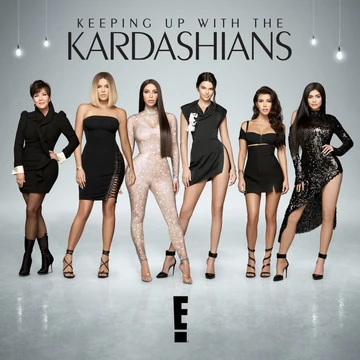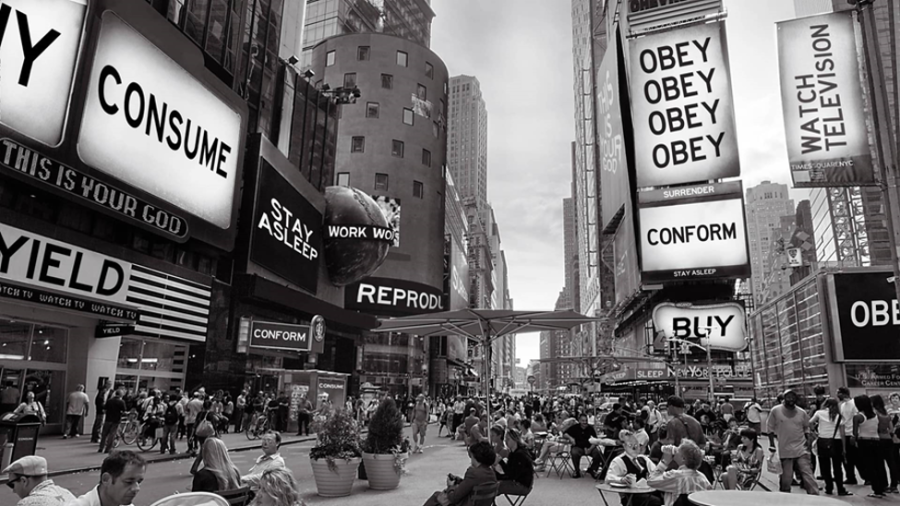In this blog IŌĆÖll be talking about the Culture Industry and what itŌĆÖs all about. The concept of the Culture Industry was developed by the Frankfurt School, specifically by two critical theorists called Theodor W. Adorno and Max Horkheimer in 1944. The Dialectic of Enlightenment is a book written by Adorno and Horkheimer, which studies and discusses the cultural movement at that time and the impact the movement had on society. A current day definition of the culture industry is the large-scale development and distribution of news, entertainment and cultural information. Turning art and culture into products to be sold such as movies and songs are now mass produced in order to gain a profit. They argued that by transforming cultural items into products, the culture industry is able to manipulate and have an influence on people, which limits individuality and intellectual thinking. This theory has a significant impact on how capitalism and consumerism affects creative expression and thinking.
A group of academics from the 20th century known as the Frankfurt School was connected to the Institute for Social Research in Frankfurt, Germany. They constructed the critical theory by integrating theories from sociology, psychology, and philosophy with Marxist concepts.
Adorno and Horkheimer were part of this Frankfurt School and were very important members as they examined how culture, the media industry and capitalism influenced society and strengthened oppression. They believe that real culture should challenge us not dehumanise us.
According to Horkheimer and Adorno, the culture industry has the ability to keep people happy and distracted with different sources of entertainment, so they donŌĆÖt focus on current issues and problems happening in society and around the world, meaning that people eventually become passive and dehumanised. For example, reality TV shows have become so popular over the past few years as it allows people to escape their own lives to immerse themselves in the lives of other people. Shows like ŌĆśLove IslandŌĆÖ keep viewers glued to their screens, hooked to the drama instead of focusing on global issues such as inequality, war and corruption. Despite their claims to represent ŌĆśreal lifeŌĆÖ, these reality TV shows are heavily edited and changed to convey a certain storyline that captures the interest of their viewers and has them coming back continuously to watch more episodes. The culture industry encourages a consumerist cycle that keeps people passive and easily controlled by exposing them to the idea that acquiring goods and experiences makes them satisfied. This does benefit the capitalist system and economies but is a disadvantage to oneŌĆÖs independence.



To summarise the points made, the concept of the culture industry developed by Adorno and Horkheimer provides an important analysis of how capitalism and consumerism completely transforms culture, which has the ability to limit individual innovation and freedom of expression. Understanding this theory weŌĆÖre able to see the many ways that the media industry and culture industries promote freedom and diversity, but also suppress individual thinking and cultural standards. We are able to see how the media shapes our own thoughts and behaviours. The main critiques and arguments of the culture industry still remain very significant in our modern day world.
Horkheimer, M. and Adorno, T.W. (2020) Dialectic of enlightenment, Stanford University Press eBooks. https://doi.org/10.1515/9780804788090.
Horkheimer, M. and Adorno, T.W. (no date) THE CULTURE INDUSTRY: ENLIGHTENMENT AS MASS DECEPTION. https://monoskop.org/images/7/7e/Adorno_Theodor_Horkheimer_Max_1947_1989_The_Culture_Industry_Enlightenment_as_Mass_Deception.pdf.
Critical Theory (Frankfurt School) (Stanford Encyclopedia of Philosophy) (2023). https://plato.stanford.edu/entries/critical-theory/.


This blog gives a good overview of the “cultural industry” theory of the Frankfurt School and explains Adorno and Hawkheimer’s critical thinking on the impact of capitalism and consumerism on culture. Your analysis of how the “cultural industry” restricts individual thoughts and creativity by commercialising art and culture is very in-depth, especially in discussing how entertainment programs turn people to passivity and escape from reality. Perhaps we can further explore how the “cultural industry” evolves in modern society – for example, whether social media has deepened this phenomenon, or how the industrialisation of different cultures affects each other in the context of globalisation. In addition, you mentioned that the cultural industry suppresses independent thinking while promoting freedom and diversity, which raises an interesting topic on how consumers can balance entertainment and critical thinking in daily life. In general, your article makes people understand the practical significance of the “cultural industry” theory in contemporary times more clearly!
Nice post Aarya. You explained the culture industry concept so well, and the Love Island example was perfect for showing how entertainment can keep people hooked and distracted from bigger issues. Really relatable and makes you think about how media shapes us! Adding something about streaming platforms or social media today could make it even more relevant, but overall, it is still very relevant to our generation today, which makes it great.